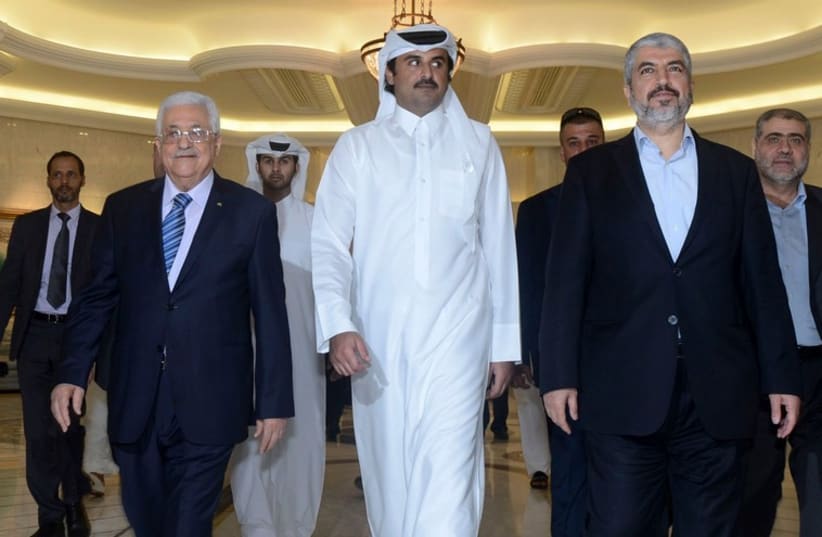Qatar's ties with US deterring Israel from all-out diplomatic offensive, official says
The Israeli official's comments came a day after the "New York Times" published an op-ed piece by Israel's ambassador to the UN calling Qatar the “Club Med for Terrorists.”
